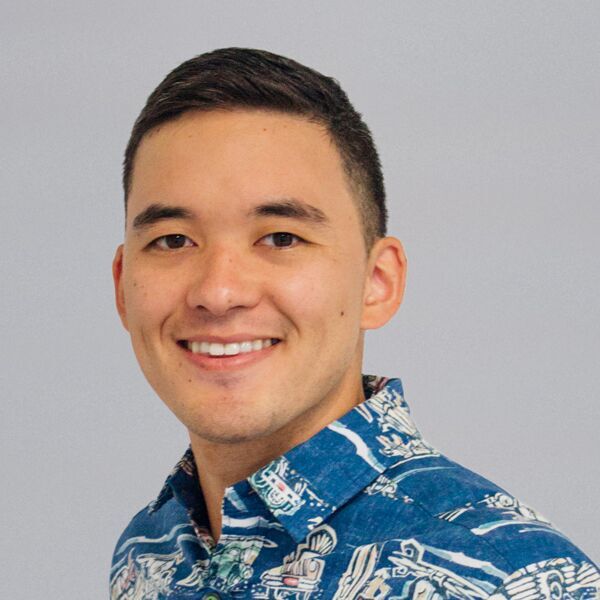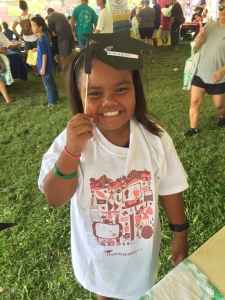This blog originally appeared on Education Post.
Thousands of miles from any continent is a cluster of islands, set in a crystal blue sea, beneath a sky of flawless serenity. It’s not just a land of unparalleled beauty. It’s the place I’m proud to call home.
It’s also a place with unique educational opportunities and challenges.
MY STORY
For me, the fight for educational equity in Hawaii is personal. My career in education started as a special-education English teacher at a local Title I public middle school. Like so many teachers, my goal was to instill a love of learning and reading in my students, given that some were reading as many as three to five grade levels behind.
I’ll always remember Azadia and her infectious smile. She was a reluctant reader, and when I told her she was very cool for reading, I was rewarded with one of those fantastic smiles.
And there was Bruyson. After seeing him blossom in my speech-and-debate club and watching his confidence grow as a learner, I felt he would be better served in a general education setting. So after lots of discussions with his family, we coordinated our efforts and moved him into an appropriate setting.
With many other academic and social breakthroughs with students throughout the year, I couldn’t wait to loop up to seventh grade with my same kids. But that excitement was short-lived.
I remember being called into the school library the next year and being blindsided by devastating news. My colleagues and I were told that 17 school days would be cut from the year because of a budget crisis showdown. Teachers were told explicitly that we could not even volunteer to come on campus and teach those days because of liability and the fact that kids were the bargaining chips in this high-stakes game of winners and losers.
At the time, I didn’t know how to speak out, and neither did my students or their families. There were parents who organically occupied the governor’s office as a sign of frustration, but there were no other powerful or well-organized voices in the public debate that could stop or end these “Furlough Fridays.”
I decided to get involved in advocacy so that these kinds of situations don’t ever happen again. Today, across our state, there are many students like Azadia and Bruyson sitting in classrooms, hoping that we will deliver on our promise to provide them with a great and equitable education.
SEIZING OPPORTUNITIES
Hawaii has made some great gains in education over the past 10 years. More of our students are taking AP courses and far fewer are missing school each day. More of our students are enrolling in college than ever before, and they are more prepared for their studies when they arrive.
Hawaii also offers students a tremendous range of educational options, from career academies and early college high school opportunities, to schools that focus on project-based learning, arts integration and Hawaiian-language immersion.
But this progress isn’t enough.
Hawaii students continue to trail behind 45 other states in eighth-grade reading on the Nation’s Report Card. Native Hawaiian students were at least 25 percentage points lower in language arts and math proficiency than their White and Asian peers. And there are still gaps in supports for special education, English-learner and low-income students. Many students also don’t have access to critical opportunities in STEM and computer science that develop skills at the core of the jobs of the future.
These facts about Hawaii don’t reflect the potential and brilliance of our kids, nor do they represent an environment where all kids have choice in college and career.
That’s why I’ve been honored to work alongside many diverse community members to launch HawaiiKidsCAN this year to address these issues. Guided by our shared dream of helping all kids get a great education, we aim to make participation in this collective educational effort engaging, effective, and fun. We are a platform for change in our communities and our state, empowering students and families.
We envision a system that promotes and celebrates multilingualism, multiculturalism, diversity and our Hawaiian host culture and language. We believe in innovation, flexibility, and autonomy in doing what works for kids. We envision an education system where school leaders and teachers are celebrated as professionals and individuals.
Our voyage to the future of education in Hawaii is just beginning. We invite you to stay tuned and join us for the adventure ahead.

